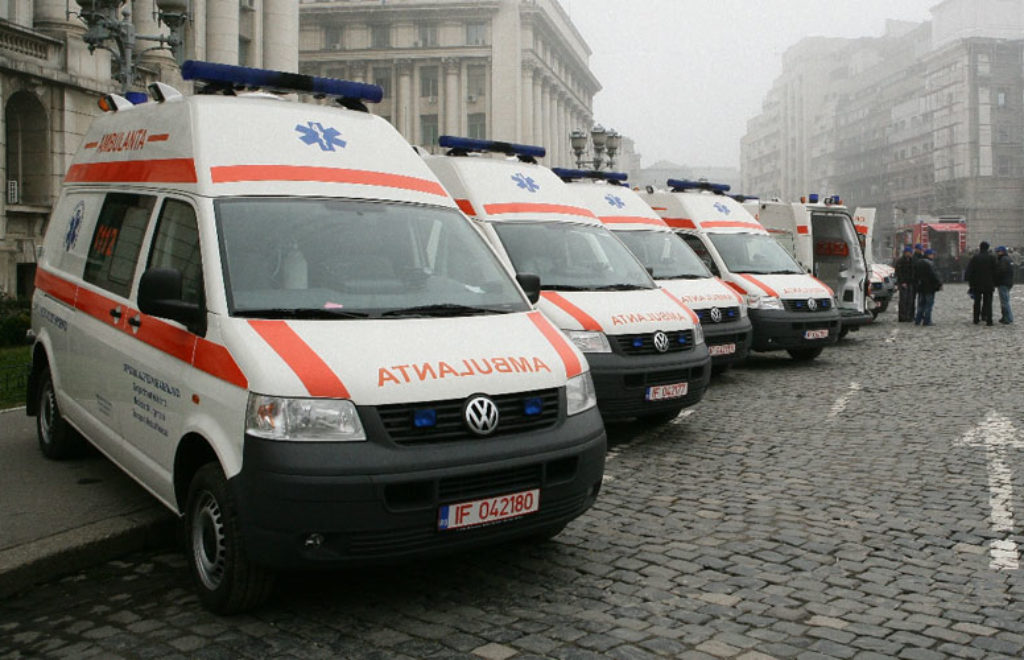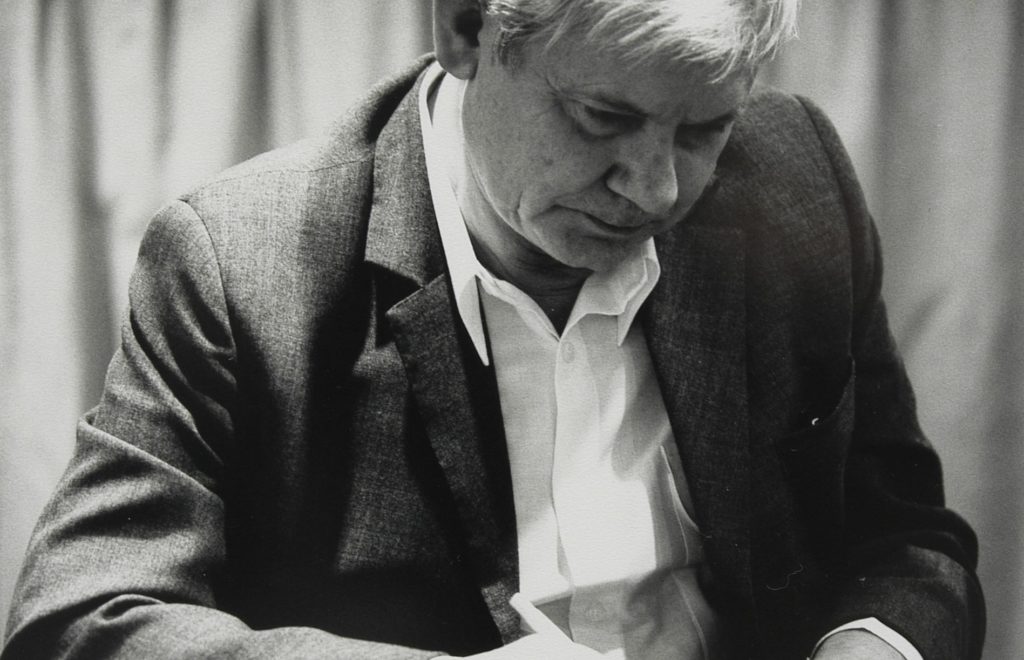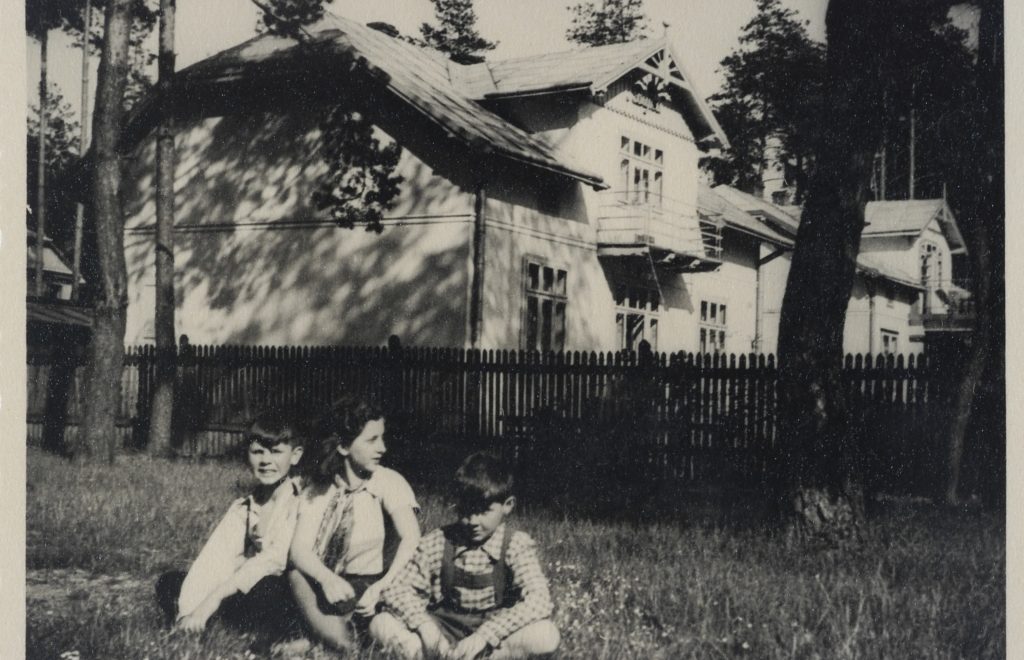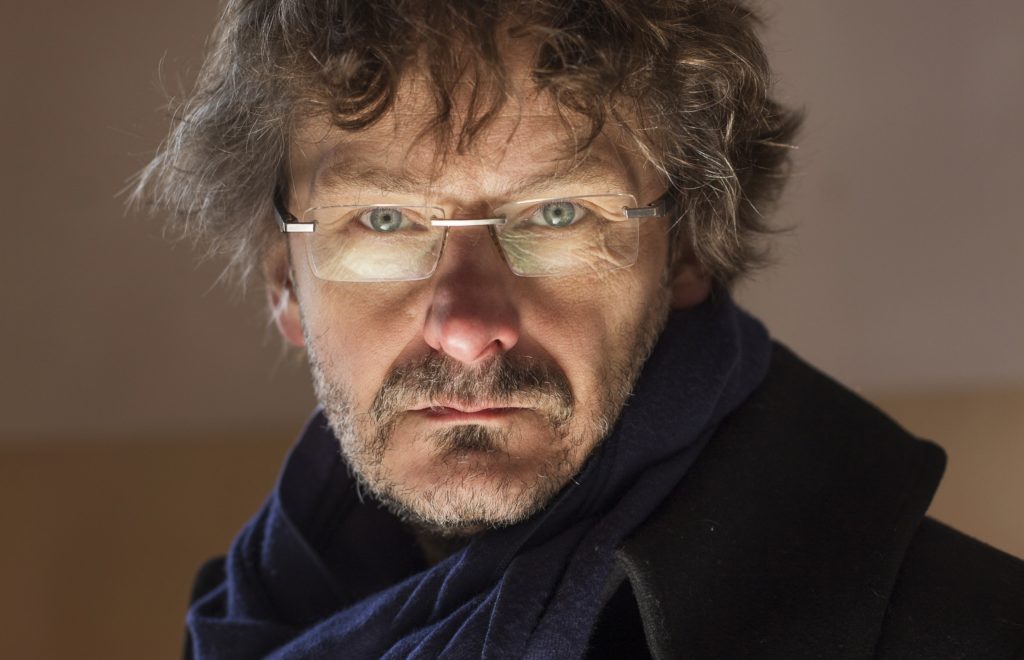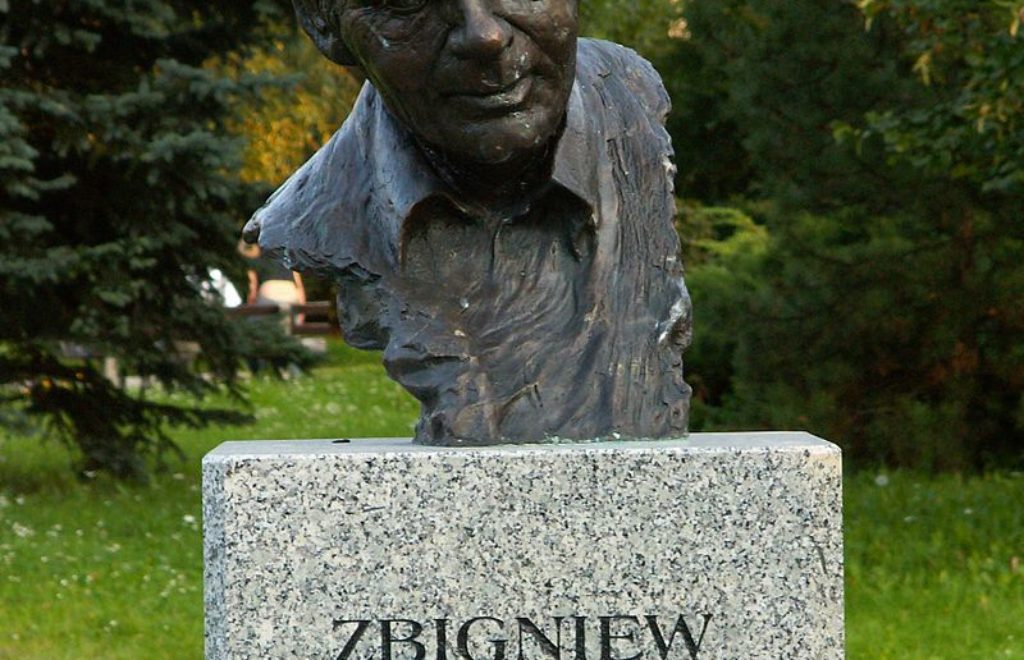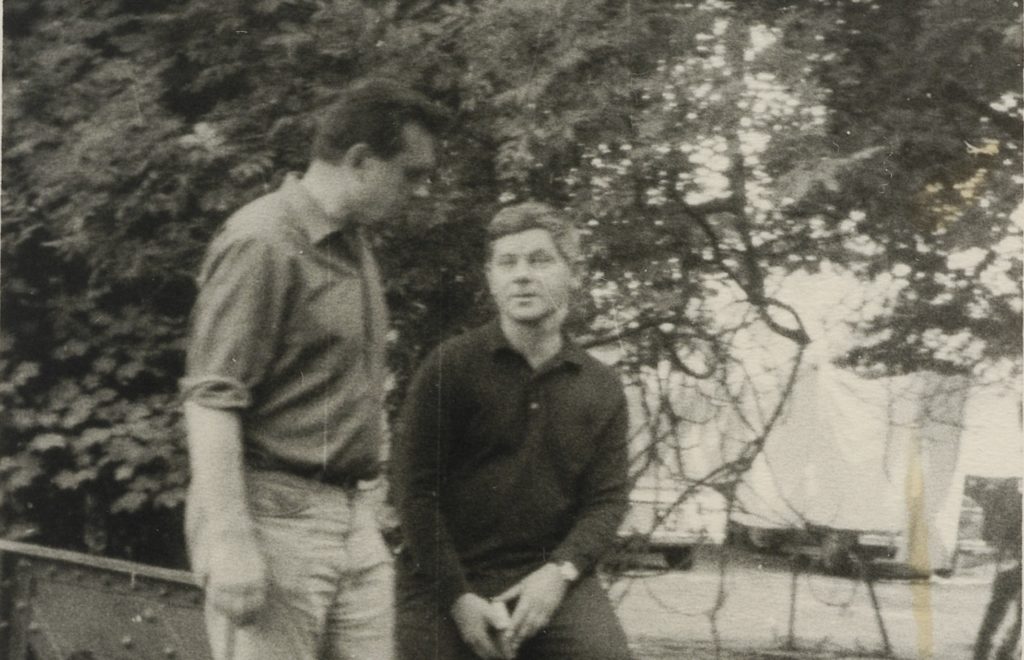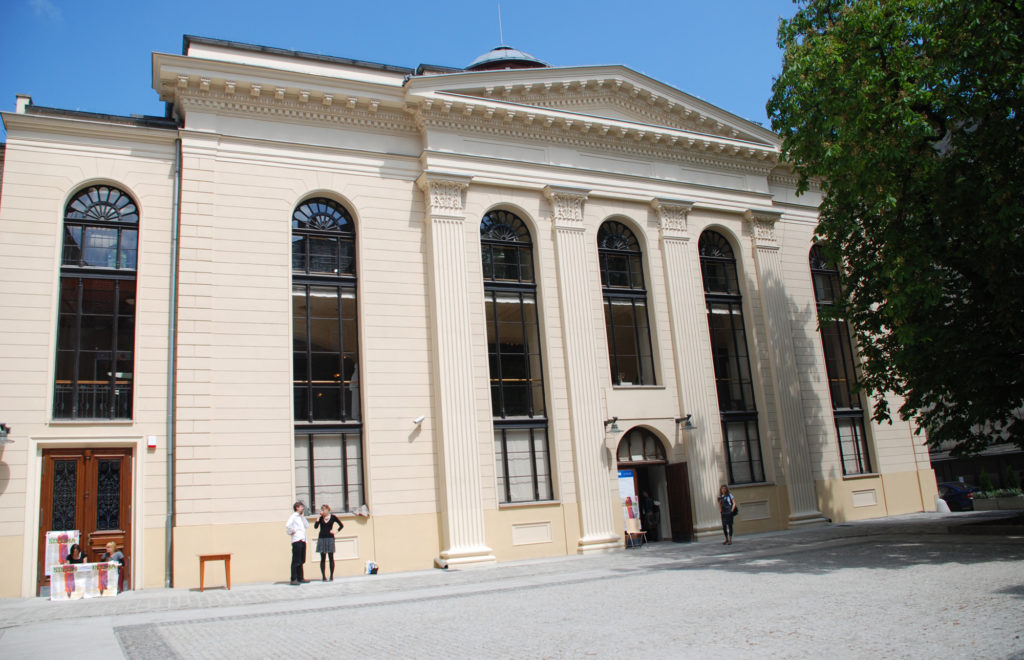Ukrainian media reforms: One step forward, two steps back
For the past 27 years, Ukrainian media have gone through a difficult process of transformation. This process, however, is incomplete. Instead of state propaganda, private media have now emerged and developed. In the neighbouring countries of Central and Eastern Europe, the process of creating new media was closely intertwined with the processes of the democratic transformation. The media in Ukraine, in contrast, had to compete with the new Russian media after the fall of communism, which for several years afterwards was freely available in Ukraine. Russian media was well-resourced while Ukrainian media was bereaved by the similarity of the Ukrainian and Russian languages. Therefore, paradoxically, Ukrainian media had to use Russian language in order to compete with the Russian media.
September 1, 2018 - Roman Kabachiy





